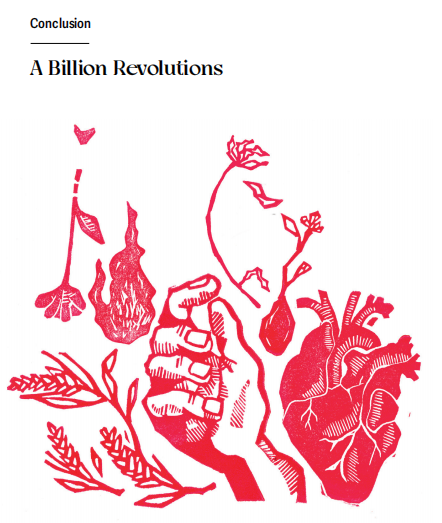Dear friends,
Last Sunday was my fortieth birthday. I offer this short meditation with all of my gratitude for your friendship, support, and presence in my life through the years.
A year after I was born, my mother wrote me a moving letter about how she saw me. This letter is especially precious to me, in part because I have no memories from those early days of my life. Looking back on that formative but forgotten time, I’m grateful for this sacred gift that allows me to see my native self through my mother’s eyes.
She began her letter with these tender words: “Andrew, you are so precious and special to us! You love people! You really reach out and greet people so boldly and cheerfully. When you see another face, you are happy and noisy.”

Forty years after my birth, I am struck by my mother’s discerning perception of me. I feel like the same person in my heart. Across many life-changing experiences — some delightful, some devastating — this remains my native core: I love people, desire to reach out, and feel happy when I “see another face.”
I’m not sure what consciousness of God a baby may have. But what my mom said then is the heart of my faith now: we experience God and the goodness of life when we love one another, see one another’s faces, and find precious value and joy in one another. I see this as the heart of my vocation from God: to learn how to love and see another face.
In my studies, I’ve been moved to discover how many different traditions, at least in their more radical spirituality, suggest that seeing God’s face and the human face are connected, perhaps even inseparable. In Judaism’s Hebrew scripture, a transformed Jacob declares to his arch-enemy Esau, “Seeing your face is like seeing the face of God” (Genesis 33). In Greek mythology, Homer’s Odyssey describes how welcoming a foreigner is equivalent to extending hospitality to the divine. In the New Testament, Jesus teaches that whatever we do to the most neglected and devalued people, we do personally to Jesus himself (Matthew 25:31-46). In the ancient Hindu Taittiriya Upanishad, we’re told, “Be one for whom a guest/stranger is God.”
Of course, these traditions contain deep differences and are not the same. But they point to something profound that I believe is essential to authentic faith: our relationship with God and our relationship with other people — especially people we’re most tempted to overlook or exclude — are essentially one, for better or worse. Like Jacob experienced, we can “see” God when our eyes are open to the precious value of “ordinary” humans around us. Our most mundane experiences can become experiences of God.
Lily asked me if there’s a word I want to characterize this new decade of my life. The word that comes to mind is “presence.” It goes back a thousand years to the Latin “præesse,” and it means to be (esse) before (pre). It implies finding your existence in relationship, face to face, with others. Presence is the home of love. When we pay attention, presence is always an acceptance and extension of God’s presence, who chose from love to become our Creator and so to exist “before” or in relationship with another face — with us.
Apparently this is what I discovered long before I had words or the capacity to communicate my experience: acknowledging and beholding one another with love is joy. It is native to how we say yes to God and welcome God in our world.
After forty trips around the sun, some things have become less important to me. I have little interest in changing the world or changing people. I have become aware of how egocentric, arrogant, and aggressive this energy often is. But my desire is alive. I desire to love and share presence with another face. If I could do that, I would be very happy.
I give thanks for God’s gift of life, my mother, Lily, and the many people who have seen my face with kindness and shared loving presence with me through the decades. Thank you, dear friends!
Here’s to a new decade of presence. As Brother Lawrence wrote in The Practice of the Presence of God, “Let us begin to belong all to Love.”




